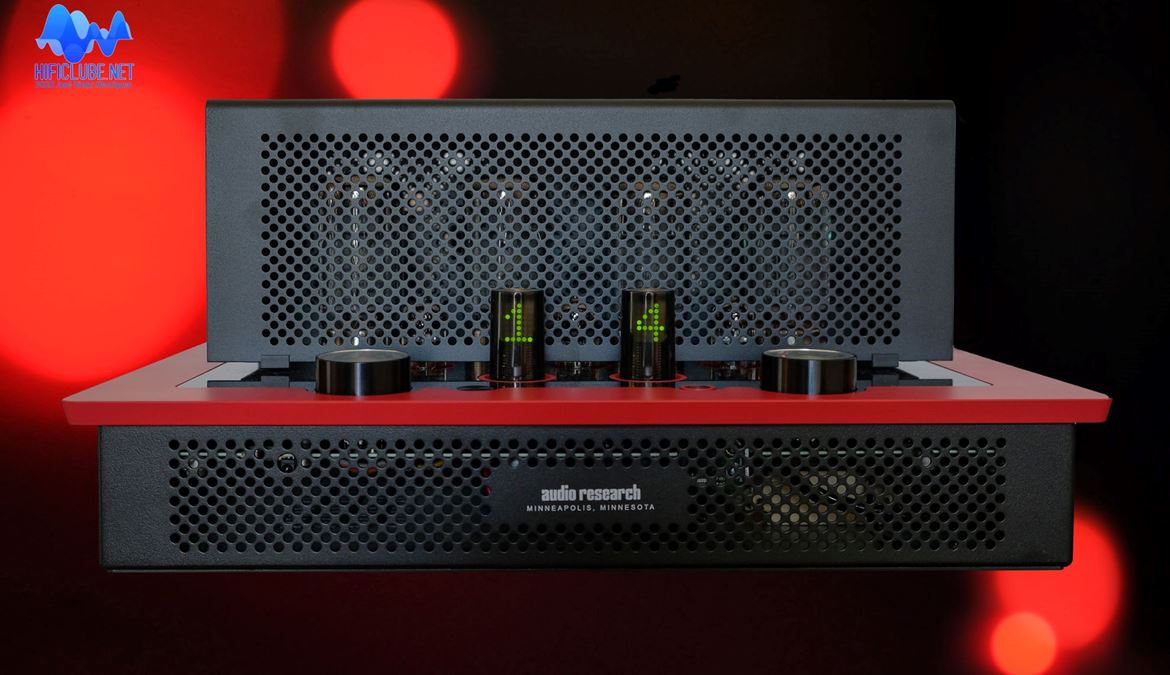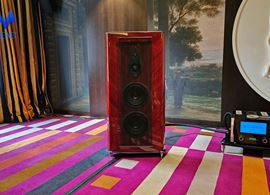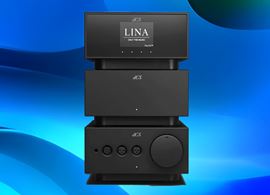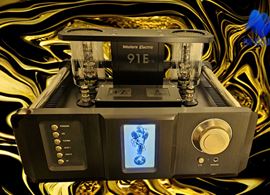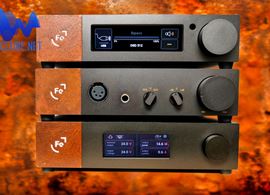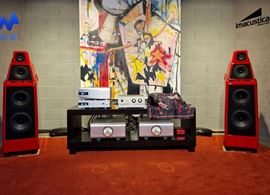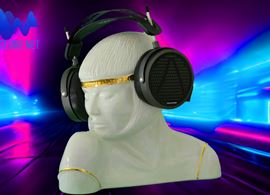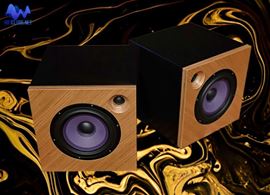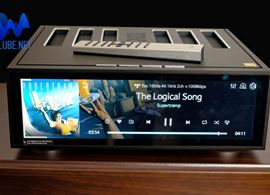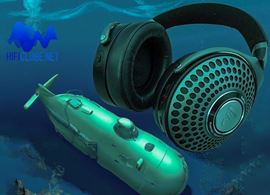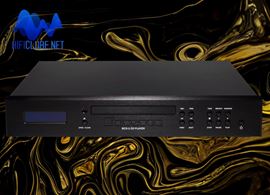Hificlube.net has received a long and interesting comment from Prof. Bento Coelho on the "Audio Research I/50 - tubes rock" review by JVH. Prof. Bento Coelho is the most outstanding national specialist in Acoustics and discusses controversial topics such as measurement vs hearing.
On his LinkedIn page, you can read that J. Luis Bento Coelho is a professor at IST and director of Acusticontrol, Cons. Eng. Acústica, Lda, with the following academic background:
- University of Pitesti, Romania, Doctor Honoris Causa
Institute of Sound and Vibration Research, Univ. So'tonne, UKInstitute of Sound and Vibration Research, Univ. So'tonne, UK, Doctor of Philosophy (PhD), Acoustics
Institute of Sound and Vibration Research, Univ. Sot'on, UKInstitute of Sound and Vibration Research, Univ. Sot'on, UK, Master's degree, Sound and Vibration
Instituto Superior Técnico, Lisbon, Master of Engineering (M.Eng.), Electrical and Electronic Engineering
Prof. Bento Coelho is also an audiophile and a reader of Hificlube.net, which fills us with great joy and pride.
Prof. Bento Coelho comments on the article "Audio Research I/50 - tubes rock" by JVH:
Note: The text has been edited with the author's prior permission. The titles and quotes are by Hificlube.net.
I read your article, which I found very interesting and shows the actual situation for those who like music. The issue of the dichotomy between technical measurement and hearing is an old paradigm of these acoustics issues because hearing is perhaps our most complex and least explored sense.
Sound perception and reality
Indeed, the reality for us is the perception of reality, and sound perception is not just what comes out of our hearing, just as it is not what comes out of a microphone used to measure a sound phenomenon.
...the information we gather to construct what we "hear" is much more than what we can measure...
What we can measure are only the magnitudes we know from models that "try" to reproduce that reality as accurately as possible. And we only measure what is measurable and can be recorded by the instruments.
However, the information we collect to create what we "hear" is much more than we can measure. Therefore, it is entirely utopian to prioritise the results of measurements, which are only part of the problem.
Ears are more sensitive than instruments
Our ears are sensors with detection and discrimination capabilities that our best instruments do not have. In addition, our brains have multiple and microscopic capabilities for processing sound information that is much more comprehensive and complex than the "simple" devices we build.
Our ears are sensors with detection and discrimination capabilities that our best instruments do not have.
So I agree that many cognitive processes we do not yet know about contribute to our perception. I think it will be another utopia to decipher completely the mechanisms that shape our perception of sound. Closer and closer, but still far away... that will be the eternal paradigm of man in his quest for knowledge.
Measuring vs Listening
I remember having a group of students who wanted to do their thesis on building loudspeakers, all with the same basic elements.
The final assessment involved optimising the frequency response curves (measured in an anechoic chamber) and listening to them by a group of 3-4 people.
So, it was fascinating to see that some speakers with impeccable curves sounded less promising than others with worse curves and the subsequent adjustments that were made to the crossover frequencies in the different speakers to optimise listening.
...speakers with impeccable curves sounded less promising than others with worse curves...
And, of course, the discussion that followed was about the influences of the different measurable vs audible harmonics, response times per frequency, etc. But again, it was around the premises of the model we know.
Psychoacoustics
Psychoacoustics is a very complex field where sound signals are dissected to exhaustion, but it is hard not to consider the human component of the sound process and its perception. And in the case of musical listening, this is essential.
Playback devices only try to simulate the real musical performance situation. And people who take this seriously and do not just want to listen to a bit of music can be very demanding.
I do not want to talk about dissonance, distortion, or anything like that here, because they are part of the recognition complexity features that transmit information, even if only on a micro level, and that may or may not contribute to what we hear, but in principle they do.
Continuous development
Had this discussion taken place half a dozen decades ago, the terms would undoubtedly have been different, as electroacoustics has evolved extraordinarily, leading to a significant evolution in audiophile requirements.
In a few decades, there will undoubtedly be another significant evolution. On the same scale? I doubt it, but there will certainly be an evolution. And then, we will discuss what we heard or not, what we could reproduce or not, and always try to transfer what was captured by the original microphones to the reproduced signal that reaches our ears. This may seem simple at first glance, but it is anything but.
J. Luis Bento Coelho
Prof., DHC, IIAV Fellow




